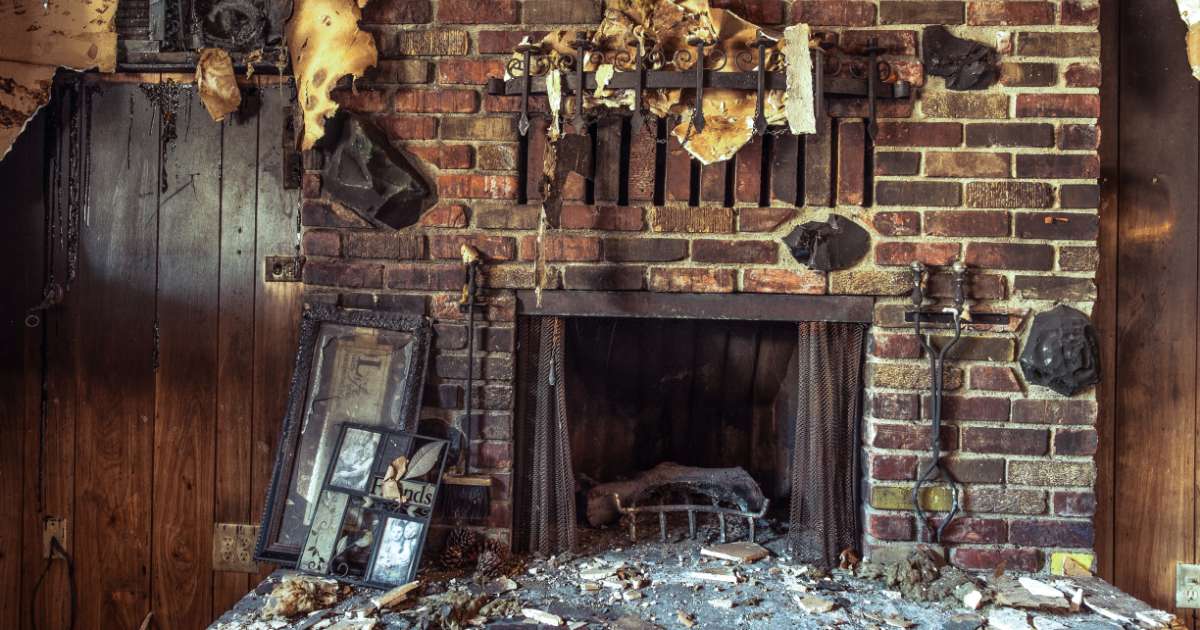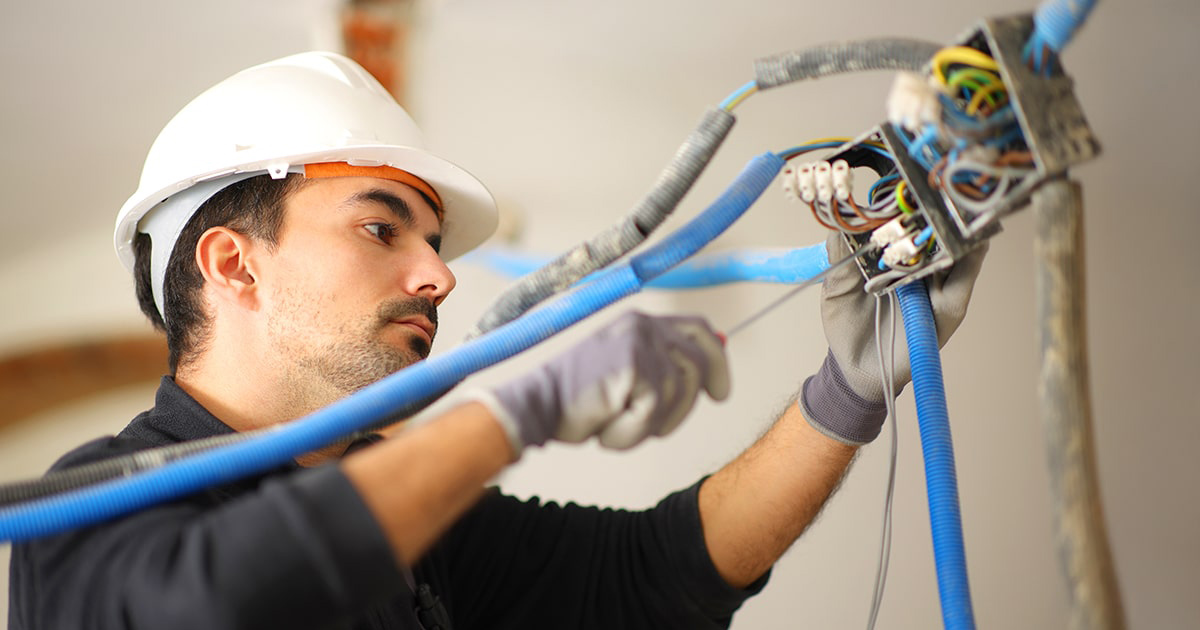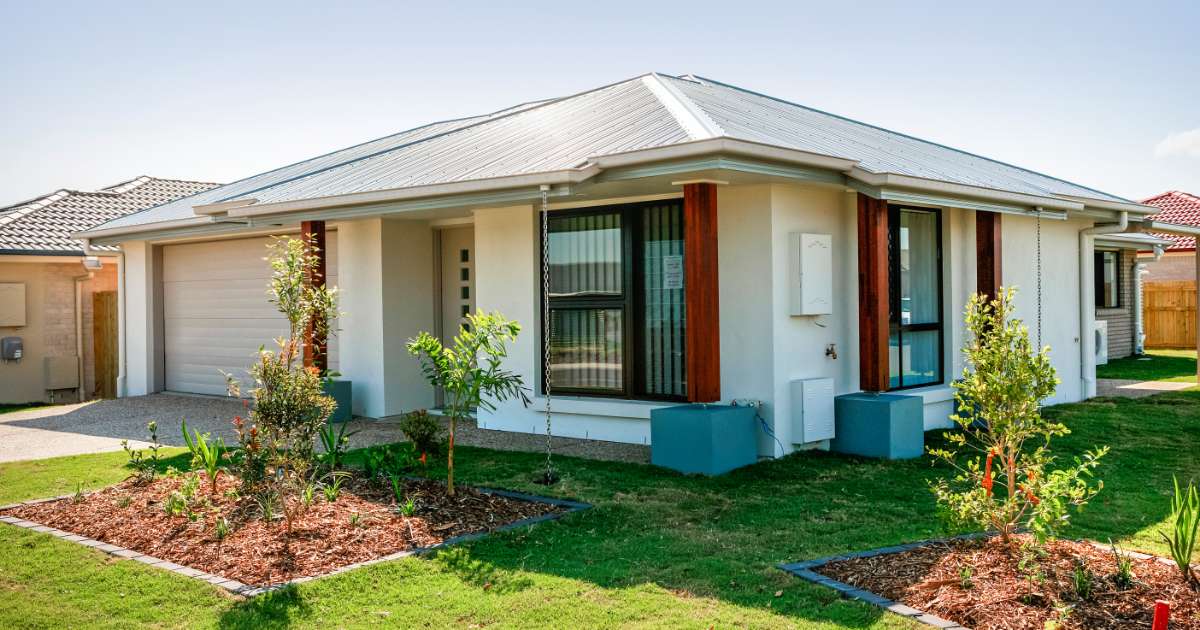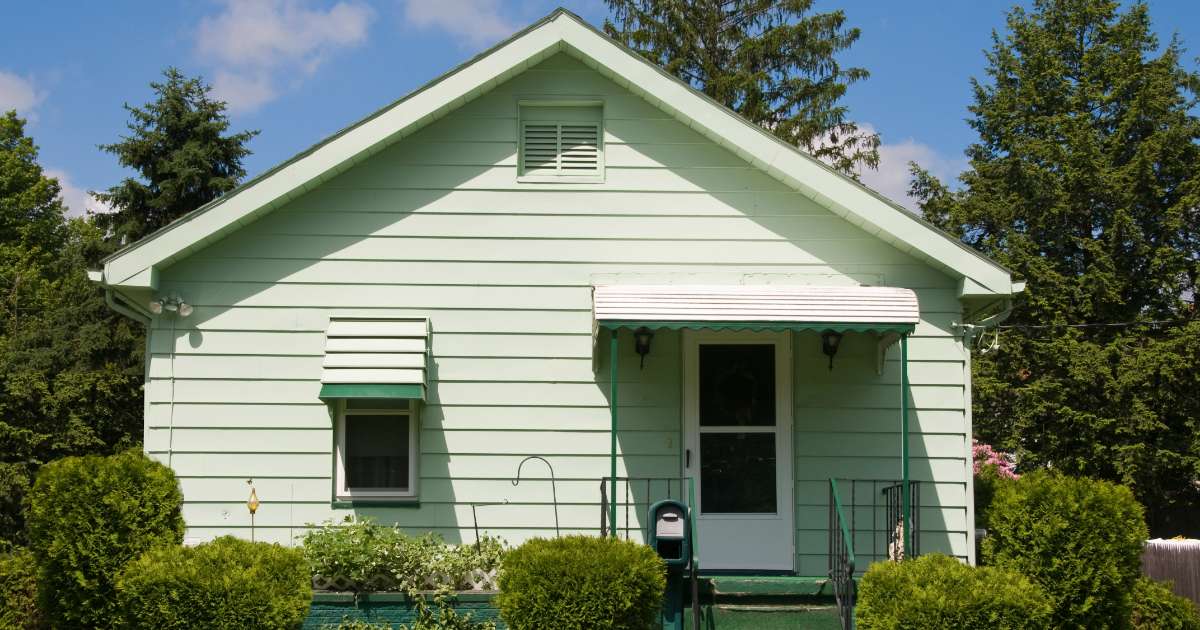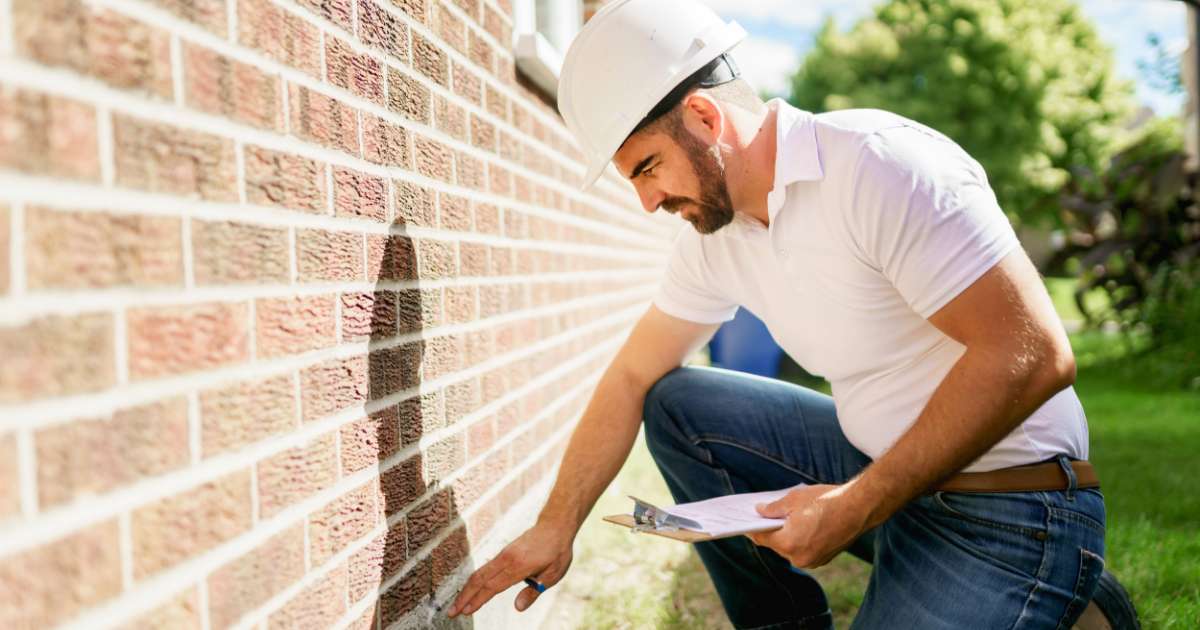Selling a house is challenging enough, but it becomes even trickier when unpermitted work is involved. Such work can decrease your property’s value, lead to legal issues, and deter potential buyers. Still, with the right strategies, selling a home with unpermitted work is possible.
This guide will cover what unpermitted work is, how it impacts your sale, and the steps you can take. Whether you choose to address the issues or sell the property “as is,” there are options to help you make your property sale work.
What is unpermitted work?
Unpermitted work refers to any construction or renovation completed without getting the required city and county permits. Permits are typically necessary for projects such as:
- Constructing additions to a building.
- Upgrading electrical systems or plumbing
- Replacing a water heater
Permits are designed to ensure that work is safe and up to current standards. Without them, you might encounter:
- Safety risks: Poorly built exterior decks or indoor gas lines could endanger residents.
- Fines: Denver-area homeowners can be penalized for unpermitted work.
- Insurance complications: Insurers may refuse to cover damage from unpermitted work or decline coverage entirely.
Permitted work ensures compliance with local land use, zoning, and building regulations. A lack of permits could lead a homeowner to accidentally violate property boundaries with a fence or an outbuilding, or could result in situations like an unwanted business being set up on a residential street.
Unpermitted work can reduce a home’s value. Buyers might be reluctant to take on the burden of resolving these issues, potentially leading to lower or no offers. Additionally, legal consequences may arise in cases of property damage or physical harm, such as a tenant getting injured in a rental house where unpermitted work occurred.

Understanding code violations
The City of Denver has a webpage with local code information. Denver also has a Green Code which, as of 2023, requires commercial and multi-family properties to adopt some environmental rules.
Many local building codes are based on model building codes like the 2021 International Residential Code and the 2021 International Plumbing Code. Denver and surrounding cities like Aurora, Colorado use these guidelines, often with local amendments.
Building codes change over time, which can pose challenges for homeowners. For instance, basement window egress standards were updated in 1997 to improve emergency exits, potentially putting older constructions out of compliance. Sometimes, older work is “grandfathered in,” meaning it’s allowed to stay because it met prior code requirements when it was done. Unpermitted work is usually harder to grandfather in.
Homeowners associations (HOAs) can set rules for homeowners as well. HOAs have the right to limit exterior paint colors options, dictate certain rules around landscaping, and make other regulations. HOA violations are similar to municipal code violations in the sense that they can interfere with your house’s sale.
Common unpermitted work and code violations
In Denver, skipping permits for major projects can create problems, particularly when selling your house. Common violations from unpermitted work include:
- Adding a room or extension that doesn’t meet safety standards
- Faulty electrical, plumbing, or heating system upgrades
- Incorrectly installed roofing materials
- Building a shed or deck that crosses property boundaries
- Altering a historic property without approval
Is it legal to sell a house with unpermitted work?
It is legal to sell a house with unpermitted work in Colorado, but you must disclose the issue to the buyer. Failing to provide this information can land you in court.
How unpermitted work can affect your home sale
Unpermitted work can make your property less appealing to buyers, who may need to address the issue as homeowners or when they sell later on. It can also create hurdles during home inspections and appraisals.
For lenders and insurers, unpermitted work can be a significant concern. Buyers who knowingly purchase a home with such issues risk lenders demanding immediate repayment of the mortgage. Most homeowners won’t want to take that chance.
Insurance companies may also choose to not cover typical home problems if they were the result of unpermitted work. Denver is prone to heavy snow. If a snowstorm damages an unpermitted roof, there is a chance that insurance will deny your claim. In some cases of unpermitted work, insurers may cancel your policy altogether.
What are your options if you’re selling a house with unpermitted work?
- Fix the issue and obtain permits: Addressing unpermitted work and securing the necessary permits is often the simplest solution. Minor fixes, like replacing a water heater or installing a new window, typically require permits but may not be too expensive. Larger projects, such as unpermitted home additions or major electrical upgrades, can involve higher costs and more extensive work to bring up to code.
- Apply for a retroactive permit: If the work was done correctly but never permitted, you may be able to apply for a retroactive permit. A building inspector will evaluate the work and either approve it or request corrections.
- Sell “as is”: Selling your home “as is” means you won’t make any repairs or obtain permits for unpermitted work. Disclosure is still required, but with proper marketing, you could find a buyer. You might also consider selling to an off-market buyer in Denver for a quicker transaction. Keep in mind, however, that “as is” properties typically sell for less than fully updated homes.
- Offer a buyer credit: Another option is to provide a credit at closing for the buyer to handle the unpermitted work themselves. This works well if you have the funds but prefer not to oversee the repairs.
Common mistakes when selling a house with unpermitted work
If you are planning to sell with unpermitted work, here are some things to watch out for:
- Failing to disclose unpermitted work: Not informing buyers about unpermitted work can lead to lawsuits and other legal complications. Transparency is key to avoiding these issues.
- Overlooking the risks during the sales process: If you’re making updates while selling, ensure that all work is permitted. Unpermitted renovations can fail a lender’s inspection and deter buyers.
- Underestimating repair costs: Addressing unpermitted work can be expensive, especially for large-scale projects. Be prepared for these costs before listing your home.
- Skipping professional guidance: Some types of unpermitted work may not significantly impact your sale, while others can make selling very difficult. Consulting with experts like engineers or real estate professionals can save you trouble.
We Buy Ugly Houses® buys properties with unpermitted work.
If you don’t want to invest in getting up to code, reach out to We Buy Ugly Houses®. Our Denver team buys single-family homes, condos, and other property types “as is.” We don’t expect customers to make any changes to their houses, much less pull residential permits.
Don’t let building code violations stand between you and a successful sale. Reach out to We Buy Ugly Houses today!
This blog is for informational purposes only and should not be considered legal advice.

